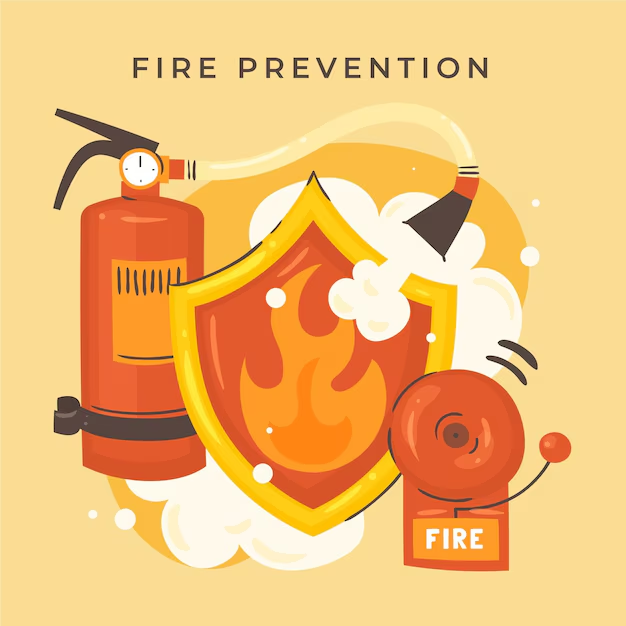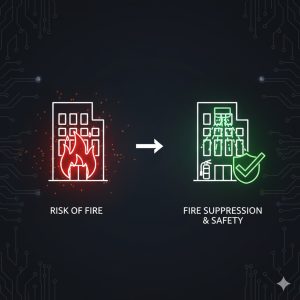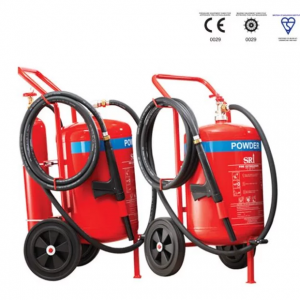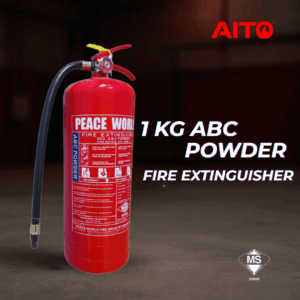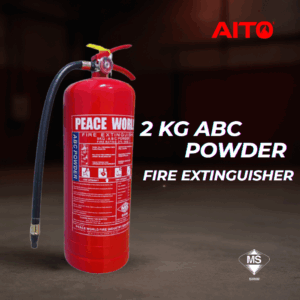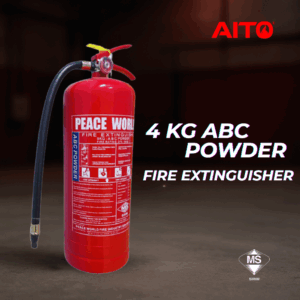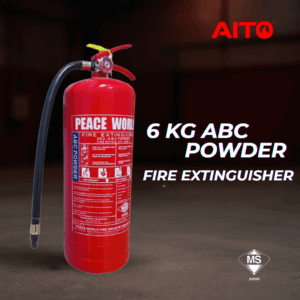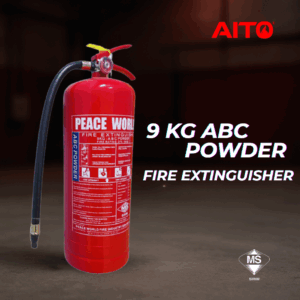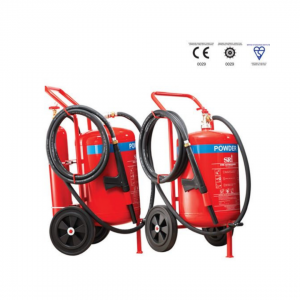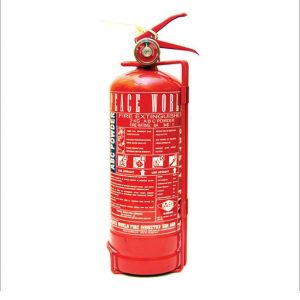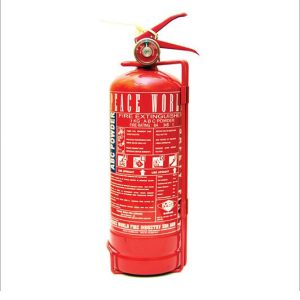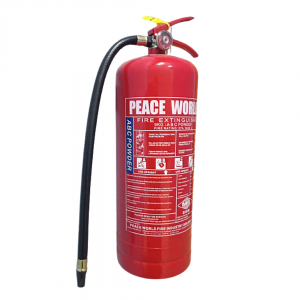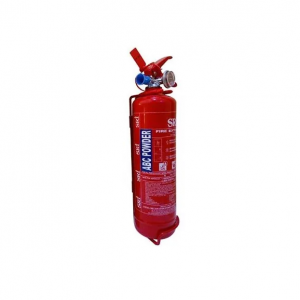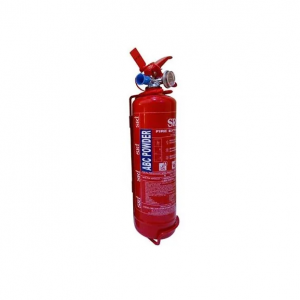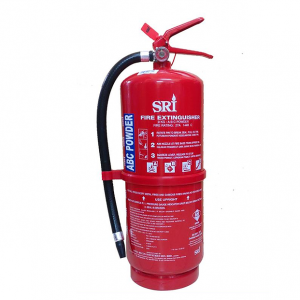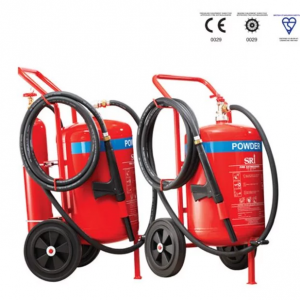Fire Consultant Measures Through Expert Guidance
A fire consultant plays a pivotal role in ensuring fire safety within various environments, including residential, commercial, and industrial settings. These professionals possess specialized knowledge and expertise in fire prevention, suppression, and emergency preparedness. This article delves into the responsibilities, qualifications, benefits, and importance of hiring a fire consultant to enhance fire safety measures.
Responsibilities of a Fire Consultant
- Risk Assessment: Conducting comprehensive assessments to identify fire hazards and potential risks within a specific environment.
- Regulatory Compliance: Ensuring compliance with local fire safety regulations, building codes, and standards.
- Fire Safety Planning: Developing and implementing customized fire safety plans tailored to the needs of the organization or premises.
- Training and Education: Providing fire safety training sessions for employees, occupants, and management to raise awareness and promote safety practices.
- Emergency Response Planning: Creating protocols and procedures for emergency evacuation, fire drills, and crisis management.
Qualifications and Expertise
Fire consultants typically possess a combination of education, training, and experience in fire science, engineering, or related fields. Qualifications may include:
- Degree in Fire Engineering or Fire Science: Providing foundational knowledge in fire dynamics, fire behavior, and fire protection systems.
- Professional Certifications: Such as Certified Fire Protection Specialist (CFPS), Certified Fire Inspector (CFI), or Certified Fire Investigator (CFI), demonstrating expertise in specific areas of fire safety.
- Experience: Hands-on experience in conducting fire risk assessments, developing fire safety plans, and implementing mitigation strategies.
Benefits of Hiring a Fire Consultant
- Expert Guidance: Accessing specialized knowledge and expertise to address complex fire safety challenges effectively.
- Customized Solutions: Developing tailored fire safety plans and strategies based on the unique needs and circumstances of the client.
- Regulatory Compliance: Ensuring adherence to fire safety regulations and standards, minimizing the risk of penalties or legal liabilities.
- Risk Mitigation: Identifying and mitigating fire hazards proactively to reduce the likelihood of fire incidents and property damage.
- Enhanced Safety Culture: Promoting a culture of safety through education, training, and awareness initiatives, leading to improved preparedness and response to fire emergencies.
Importance of Fire Consultants
In today’s increasingly complex built environment, fire consultants play a crucial role in safeguarding lives, property, and assets from the devastating effects of fire. Their expertise helps organizations and individuals navigate regulatory requirements, implement best practices, and mitigate fire risks effectively. By investing in the services of a qualified fire consultant, stakeholders can demonstrate a commitment to fire safety and resilience.
Conclusion
Fire consultants serve as valuable resources in the realm of fire safety, providing expert guidance and support to organizations and individuals seeking to enhance their fire prevention and response capabilities. Through comprehensive risk assessments, regulatory compliance, and tailored solutions, fire consultants contribute significantly to creating safer environments and minimizing the impact of fire incidents. Their proactive approach and commitment to continuous improvement are instrumental in fostering a culture of safety and resilience in the face of fire hazards.


